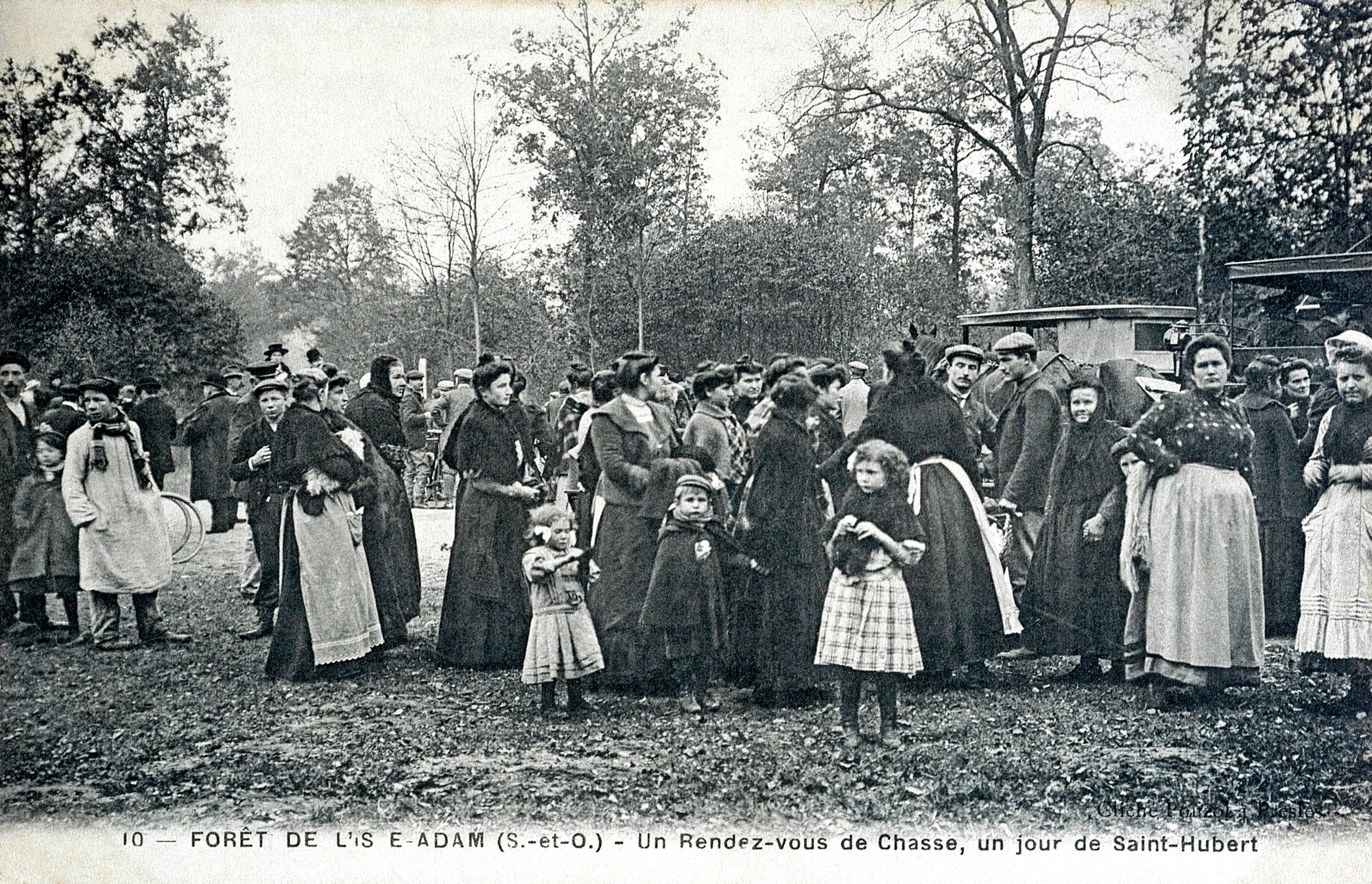As author Ursula K. Le Guin said in The Space Crone, “A serious mention of menopause is usually met with uneasy silence; a sneering reference to it is usually met with relieved sniggers. Both the silence and the sniggering are pretty sure indications of taboo.” Menopause is a universal experience for women who live long enough to reach it, and due to increased life expectancy, a third of women’s lives may occur after menopause. Yet, there is minimal conversation about what menopause is. When you research menopause, most of the information is about why you should dread it. The symptoms of menopause are familiar: vaginal dryness, hot flashes, insomnia, mood swings, and more. But the cultural discomfort with both the reality of aging and talking about reproductive issues means menopause faces stigma from a blend of sources.
The CDC defines stigma as a form of discrimination; it’s the ability to attribute such shame to a particular topic that no one dares talk about it. The only way out of stigma is to talk about it, even when it’s uncomfortable. But first, let’s go through a history of menopausal stigma to help better understand where we are today.

The Beginnings of Menopause Stigma
The first person to document menopause was Aristotle, noting that women over forty no longer menstruated. Before that, menopause was addressed only in terms of fertility. As life expectancy increased, so did the cultural recognition of menopause. In 1821, a French doctor named Charles Pierre Louis De Gardanne coined the term “menopause.” In the 1890s, women were routinely jailed for disclosure of their symptoms of menopause. Before women were allowed in most workplaces, menopause mood symptoms were often severe, likely because they felt they no longer served a societal purpose after the children left the house. Freud derided menopausal women as a whole and described menopause as a neurosis. By the 1930s, menopause was regularly portrayed as an estrogen deficiency disease. And in 1966, a best-selling book called Feminine Forever by Robert Wilson was published describing menopause as preventable and curable.
Unfortunately, the stigma lingered well beyond the 1960s. A 1990 study showed women reporting menopause symptoms to their doctors and being told to ask their mothers about menopause, and mothers who were too ashamed to talk about menopause with their daughters.
Present-Day Stigma
Since menopause is considered a health issue, it is still considered by most to be private. However, privacy is different than silence, and there is a scarcity of conversation about something that currently affects millions of American women each year. Even doctors may not have adequate training or information about menopause, so women sometimes suffer more because of the gap in knowledge. Approximately twenty percent of the American workforce is going through menopause, and yet without adequate treatment, many women are left without support.

Stigma isn’t merely an invisible force of taboo and silence; it has real-life consequences. Research is underfunded because of the pervasive and insidious idea that women should simply tolerate the symptoms. Women are too often disinclined to speak with their bosses or colleagues about what is going on because of the fear that they will be discriminated against. And most of the cultural conversation about menopause treats it like a joke. As long as menopause continues to be a taboo, stigmatized topic, women won’t have the information and support they need during this critical time.
Working Through the Stigma
Fortunately, the stigma of menopause is slowly eroding. Since menopausal women are among the quickest-increasing workplace demographics, support networks are starting to pop up, often on a company-by-company basis. Celebrity women are beginning to publicly speak out about menopause, whether they love it or hate it. And companies are starting to realize the necessity for more menopause-oriented technology.
Individually, we can help combat the stigma of menopause. If you have symptoms, don’t tolerate them silently. Reach out to your doctor for support. Keep looking for solutions until you find them. Vaginal dryness is one of the most common symptoms of menopause. Find out about the clinical studies showing Membrasin® products can help support natural moisture so that you get the most out of menopause.





